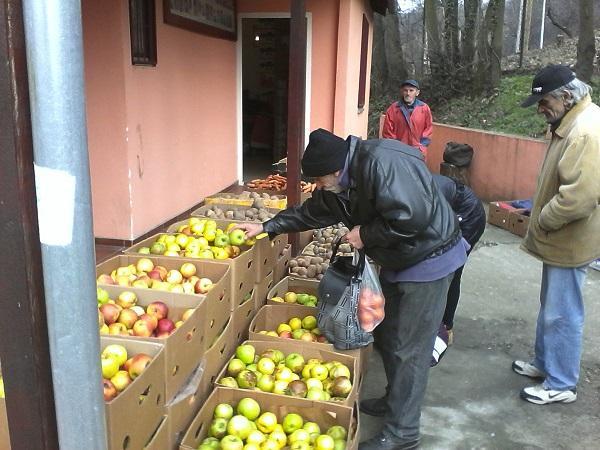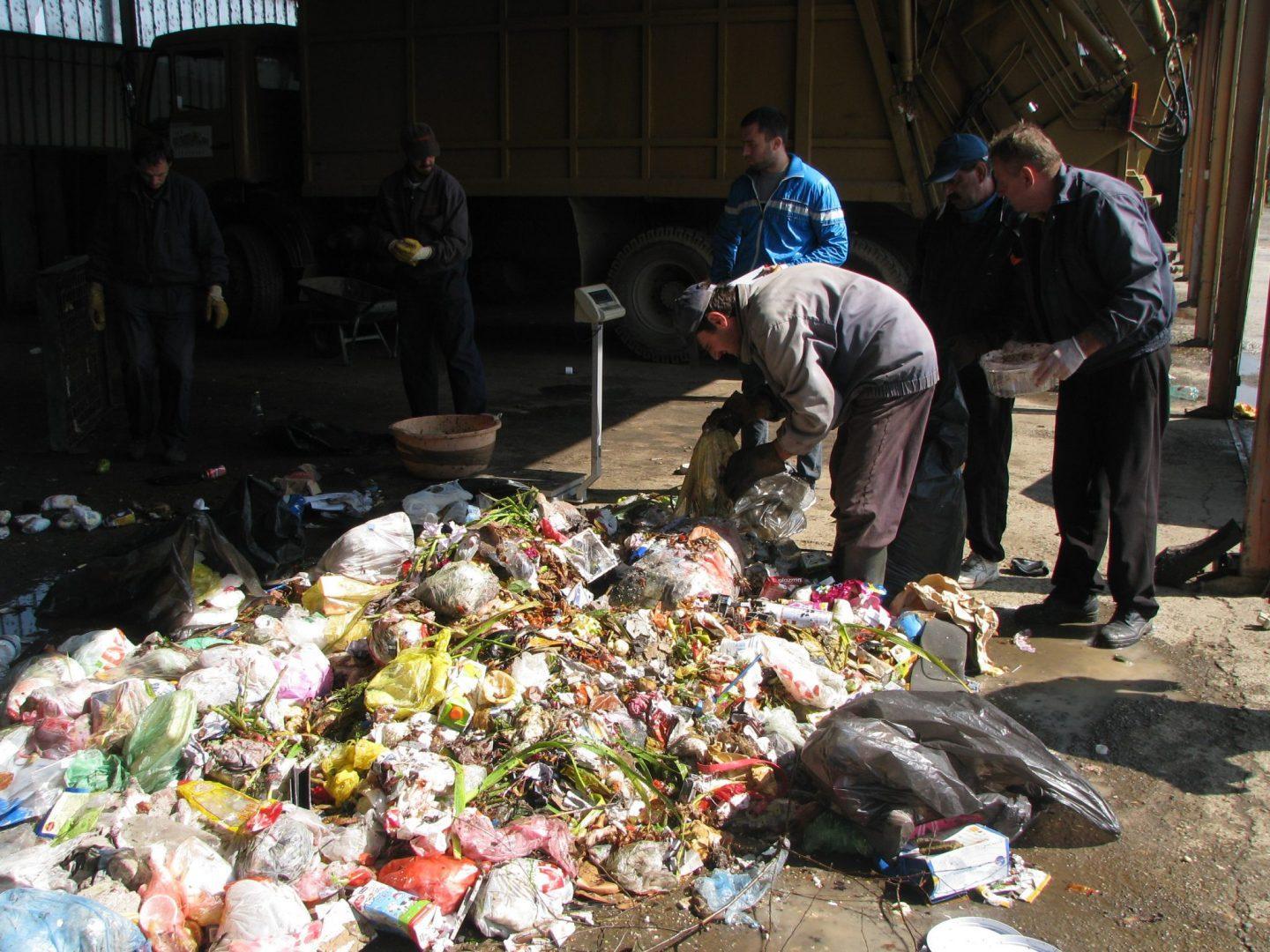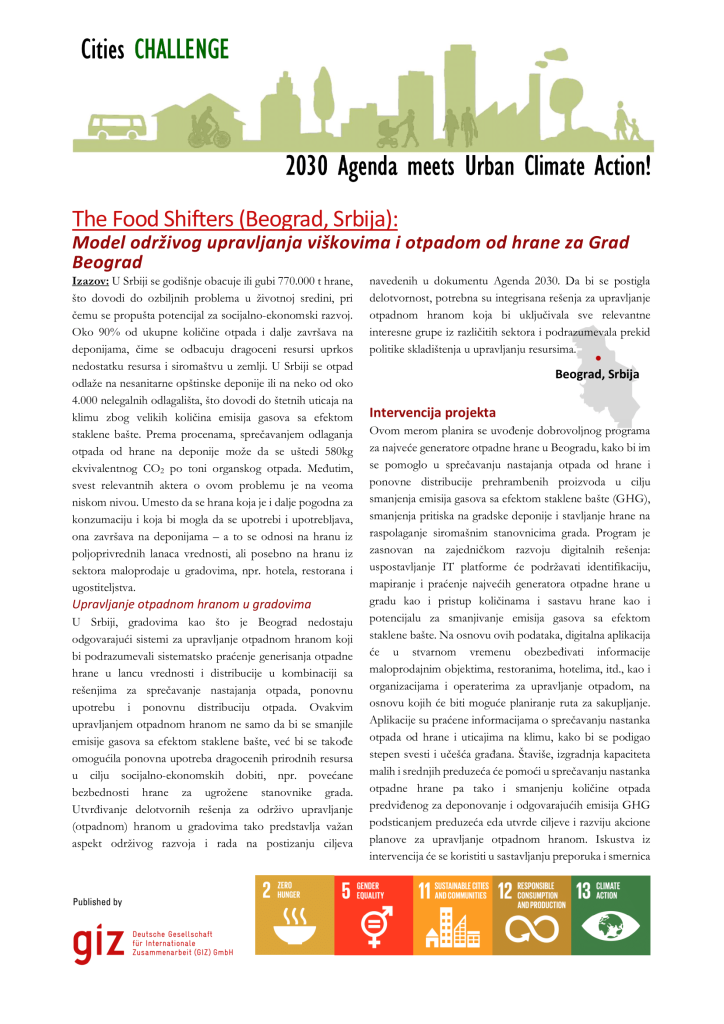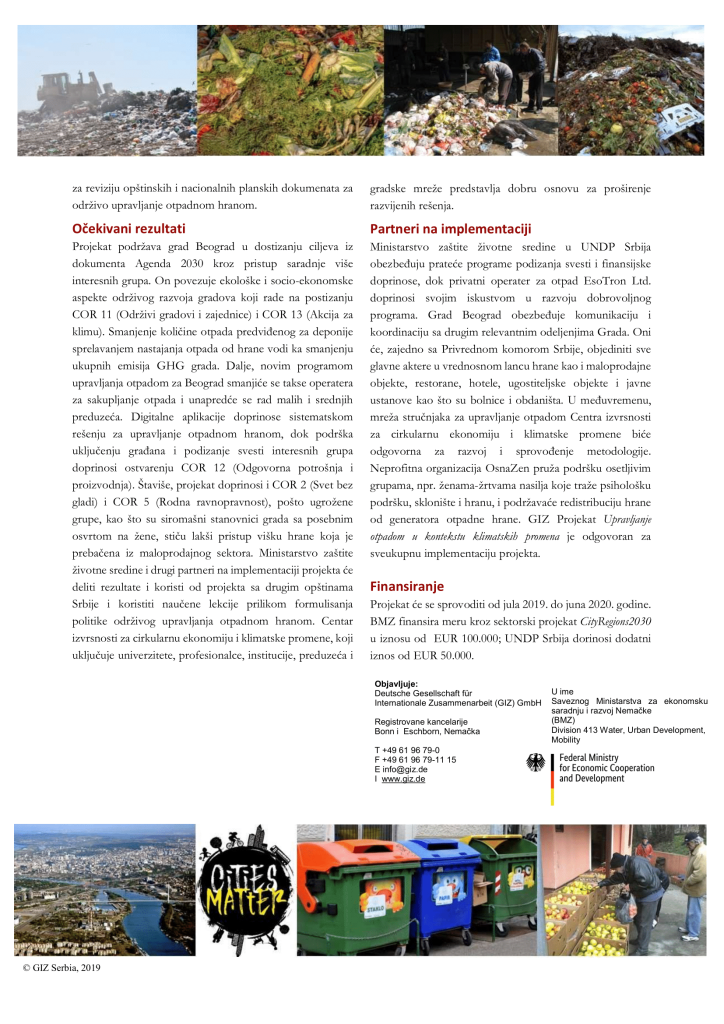As one of the four globally awarded projects, the GIZ DKTI “Climate Sensitive Waste Management Project in Serbia” takes part in the initiative “Cities Challenge: 2030 Agenda meets Urban Climate Action” launched by the GIZ Sector Project “Integrated implementation of the 2030 Agenda in cities and city-regions” in Germany. By introducing a new and innovative approaches to climate-related local challenges the implementation of “The Food Shifters: A Voluntary Scheme for Sustainable Food Waste Management” a one-year long pilot project to be implemented in the City of Belgrade has started this July.
In partnership with the UNDP Serbia and the City of Belgrade, DKTI Waste project will establish a voluntary scheme for food waste from the main food waste generators in the city of Belgrade (retailers, restaurants, hotels, catering business, and public institutions like hospitals and kindergartens) as to redistribute food surplus, which is still fit to human consumption, and enable easy access to food specially to vulnerable social groups.
Through a digital platform and an app mapping and monitoring of the main food waste generators will help prevent food waste showing at the same time the quantities and locations from where the food surpluses can be redistributed. This will not only improve food waste management but will also have direct impact on lowering GHG emissions through decrease of organic waste on the landfill as well as ensure easier access to food surplus to vulnerable groups especially women victims of violence and urban poor.

The project activities will also support the city of Belgrade in achieving the 2030 Agenda as the results are expected to directly contribute to the following SDGs by interlinking the environmental and socio-economic aspects of sustainable urban development to work towards SDG 11 (Sustainable Cities & Communities) and SDG 13 (Climate Action), contributing to SDG 12 (Responsible Consumption and Production) as well as SDG 2 (Zero Hunger) and SDG 5 (Gender Equality).
With 770.000t of food wasted or lost in Serbia annually, estimation that by diverting food waste from landfills savings of 580kg CO2eq per each tonne can be made. Accompanied with serious environmental problems and socio-economic development potentials that are being missed out on, the project will focus on monitoring of food waste generation along the value and distribution chain and provide solutions for waste prevention, reuse and redistribution. Such food waste management will not only reduce GHG-emissions but will also facilitate the reuse of valuable natural resources for socioeconomic benefits, i.e. increased food security among vulnerable inhabitants.
Contact person is Mrs. Marija Bogdanovic, Project Leader.




